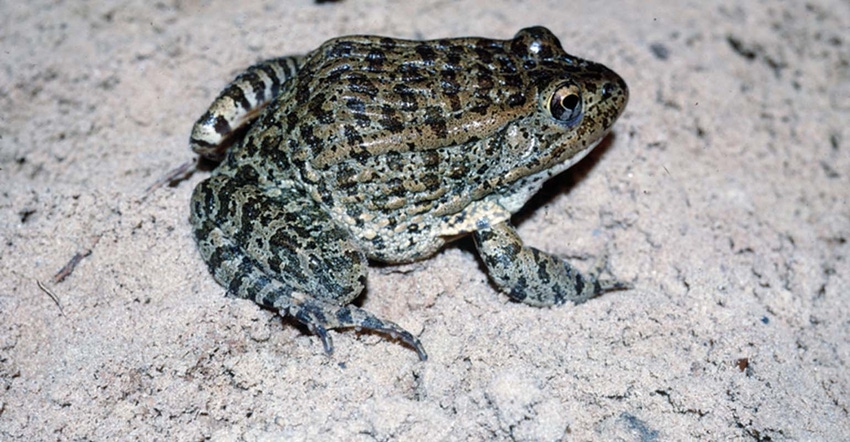
Trump Justice Department supports taking private property
In June 2018, Noel Francisco, Solicitor General for the Department of Justice and Jeffrey Wood, Acting Assistant Attorney General, argued in a brief filed in the U.S. Supreme Court in the Louisiana invisible frog case that the U.S. Fish and Wildlife Services could take a citizen’s private property if “…the costs of designation were not disproportionate to its benefits…” Both Francisco and Wood are Trump appointees.
On Jan. 22, 2018, I wrote that the government wants to control land it does not own to protect a specie that does not live there. The Supreme Court announced in January 2018 it would review the invisible frog case from Louisiana. The U.S. Department of Interior’s Fish and Wildlife Service was granted boundless authority to control local property using the unlimited authority granted to FWS by the Endangered Species Act.
The beginning
This case began in 2001 when FWS identified the Mississippi Gopher Frog as an endangered specie and decided to take more than 1,500 acres of privately owned land because such land may be one of the few habitats outside of Mississippi where the frog could survive. FWS claims “the dusky gopher frog remains critically endangered.”
The dusky gopher frog apparently breeds in isolated ponds not connected to other water bodies that exist only seasonally and as a result, the frog spends most of its time in old tree stumps, holes or burrows dug by other creatures. A U.S. district court initially upheld FWS’s determination that defendants property could be listed as critical habitat under the ESA and found the defendants’ property “…was essential for the frog’s conservation was adequately supported by the administrative record.” The District Court said the ESA “…did not allow it to second-guess that the impacts to… [defendants’ property] were not disproportionate.”
Reasonable interpretation
The 5thCircuit Court of Appeals concluded that FWS’s interpretation of the ESA was reasonable and it upheld FWS’s designation that “…in this case substantial, consensus, scientific evidence in the record support the Service’s conclusion…”
The Trump DOJ takes the position that FWS’s conclusion is correct and that defendants’ private property contains appropriate habitat and is “essential for the conservation of the dusky gopher frog.” It also declares “There is no basis to set aside…[FWS’s designation]…”
Long-term conservation
Remember the property owners’ land was reviewed by an expert who claimed the last documented siting outside the state of Mississippi was in Louisiana. FWS concluded there were five sites on petitioner’s property, including five ponds that were now known to be available within the historic range of the dusky gopher frog. The expert testifying for FWS noted there were lots of stumps and various ponds and concluded restoration and improvement of petitioners’ property could help preserve the frog’s long-term conservation. The FWS expert noted the petitioners’ property “contained the best gopher frog habitat remaining in Louisiana, to his knowledge.” The DOJ also concluded that even if the area is presently unoccupiedby the frog, FWS properly determined the frog needed petitioners’ property because such property is essential for the frog’s conservation.
Government v. private property
Trump administration officials adopted FWS’s argument that the Louisiana property could be taken and used to protect the frog from extinction if the frogs in two Mississippi counties were to be eliminated through drought or disease. Stunningly, the DOJ agrees that legally FWS has discretionary authority to exclude critical habitat on economic-impact grounds. A decision by FWS not to exercise its discretionary authority is unreviewable. It is argued the ESA statute “…provides no meaningful standard against which to judge the agency’s exercise of discretion.” (No control over the administrative state?)
Remember what one lower court judge said about the FWS determination: FWS’s decision was “…odd, troubling, harsh, and remarkably intrusive [with] all the hallmarks of governmental insensitivity to private property.”
The opinions of the author are not necessarily those of Farm Futures orFarm Progress.
About the Author(s)
You May Also Like




